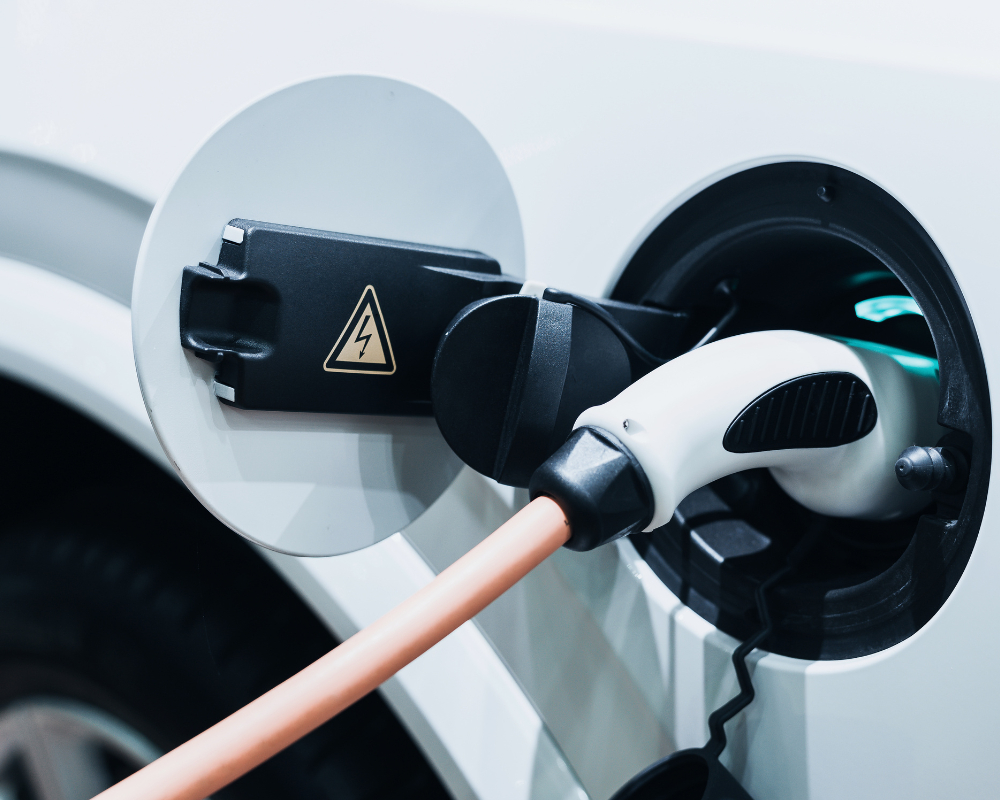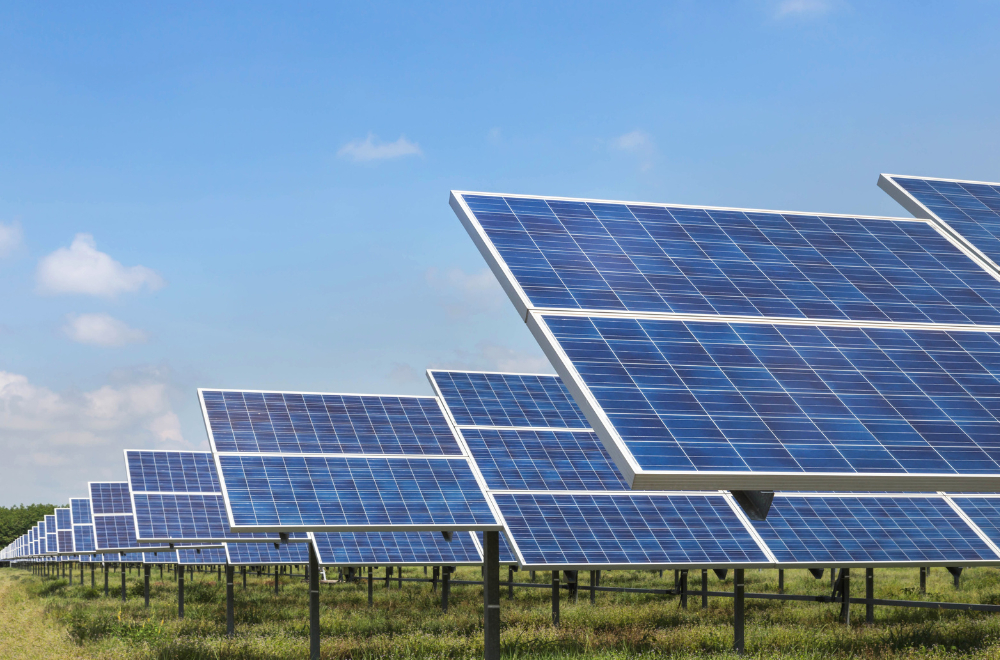Energy Storage, Incentives and Tax Credits, Maintenance, Renewable Energy, Solar Energy
Inflation Reduction Act Guide: Tax Credits for Sustainable Small Businesses
It’s not just about today, it’s about tomorrow.
That was the sentiment expressed by President Joe Biden as he signed the Inflation Reduction Act (IRA) into law in August of 2022. This landmark piece of legislation is being called the single “most aggressive action” the U.S. has taken to combat both the climate crisis and recent economic downturn.
Providing generous incentives for the development and integration of clean energy sources, the IRA sets into motion a number of initiatives that benefit our environment and communities alike. This $370 billion dollar investment will slash expenses across the board — from healthcare and prescription drug costs, to energy upgrades and sustainability projects.
Making energy efficient choices has never been more accessible for residential homeowners and renters, businesses and nonprofits, and even governmental organizations.
Learn More: Homeowner’s Guide to the Inflation Reduction Act
Starting in January of this year, business owners of any scale can take advantage of the savings made available by the IRA, while also working to fight the climate crisis. Read on for an overview of the tax credits available for environmentally-conscious business upgrades.
Benefits of the Inflation Reduction Act for Business Owners
While providing aid to the American economy and the global climate are two core goals of the IRA, another emphasis stands out as well: underserved communities.
Pledging over $9 million for rural electric cooperatives alone, the IRA includes a number of progressive measures to support the businesses who serve communities in need. This law will work in conjunction with President Biden’s Justice40 Initiative, an endeavor that commits 40% of the benefits of climate restoration and clean energy investments to communities that are “marginalized, overburdened by pollution, and underserved by infrastructure.”
By awarding a combination of grants, rebates, and loans for sustainable improvements, the IRA is also motivating all companies, in every industry, to step up, make a change, and do their part to restore climate health.
It’s a tall order, but it doesn’t necessarily mean that small business owners need to solve the climate crisis themselves. Even simple, cost-effective eco-upgrades, like switching to solar energy, can be powerful enough to make a difference — and warrant a refundable tax credit.
Learn More: Avoiding Solar Scams
Tax Credits for Small Business Owners
Basic Energy Upgrades: Lower utility bills and a cleaner environment aren’t the only benefits of investing in energy-efficient technology as a business owner.
With the IRA, small businesses can now receive a tax credit of up to $5 per square foot to support improvements like installing a commercial solar system or switching to HVAC-based heating and cooling. Plus, an additional provision of the IRA provides even more tax credits for the use of clean energy equipment manufactured in America.
Learn More: HVAC Mini-Splits: Should You Invest in Ductless Air?
Solar Energy Upgrades: For companies in New Mexico and Texas, solar energy is an obvious choice. With over 300 days of sunshine per year, the Southwest consistently generates enough solar rays to power a business at a much lower operating cost.
The solar-specific IRA incentive offers a tax credit that can cover up to 30% of the cost of commercial solar system installation, including energy storage systems.
In practice, this means small businesses, startups, and nonprofits can now make the switch to commercial solar as well. The 30% tax credit has no maximum limit that can be claimed, though, so businesses of all sizes can invest in solar and reap the rewards.
Learn More: 6 Questions to Ask When Choosing an Energy Storage System

Electric Vehicles (EVs): Despite recent efforts towards climate restoration, the blight on America’s reputation is the transportation sector, which accounts for roughly 27% of the country’s emissions. Subsequently, President Biden set a rather ambitious goal: that 50% of all new cars sold be zero-emission vehicles by 2030.
To help reach that objective, small business owners are being incentivized with a tax credit that covers 30% of the cost to swap their company’s gas-based cars, trucks, and vans with clean commercial vehicles. Small business owners that upgrade their vehicles to ones that are more energy efficient, but not fully electric, can still claim a tax credit of up to 15% of costs.
The result of this tax credit will likely be an influx of EVs seen on the road and, therefore, a lowered carbon footprint. To prepare for this societal shift, the IRA is also investing millions to ensure that domestic manufacturers have the components necessary for EV batteries and EV charging stations.
Learn More: The Benefits of Commercial EV Charging Stations
Claiming Tax Credits for Your Business
The first step to receiving any one of the generous tax credits outlined above is to check that your business and its upgrades qualify with the Inflation Reduction Act Guidebook.
From there, it’s pretty easy! The main requirement is that an eco-friendly upgrade must be made to your small business, whether it’s switching to commercial solar energy, having an HVAC system installed, or employing sustainable building practices.
Connect with an energy expert at Solar Smart Living for a professional opinion on which sustainable improvement would be best for your business to save money, confront climate change, and support a healthier future for our shared communities.

See all comments